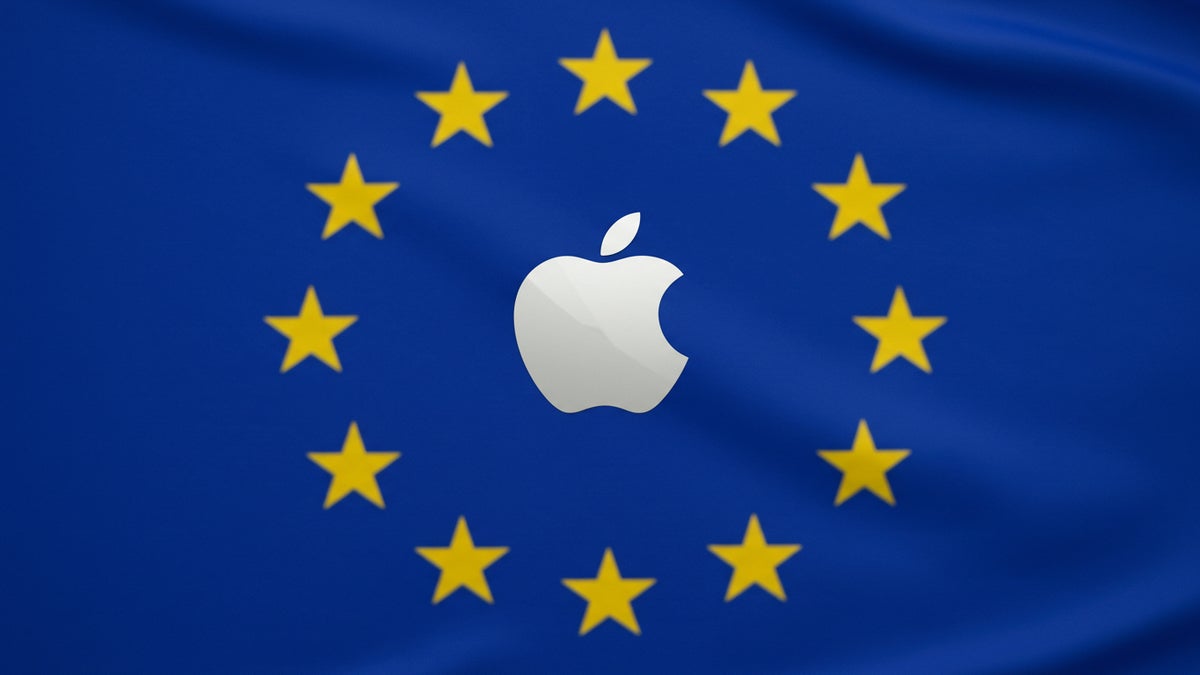Apple has announced major changes to its App Store rules for developers in the European Union, marking a significant shift as part of its compliance with the Digital Markets Act (DMA). 
The updates offer more freedom for developers in terms of app promotions, external links, and payment management, even for those who do not adopt Apple’s alternative business terms in the EU.
Under previous rules, developers who opted for Apple’s EU-specific terms were limited to using just one static URL within their apps. Additionally, there were strict limits on tracking, redirects, and the types of links that could be included. The restrictions also meant that developers could only promote offers tied to their own websites. However, with the new changes, these restrictions have been relaxed.
Now, developers can promote their offers across a broader range of platforms, including other apps, external websites, and even alternative app stores. These promotions can be presented within apps through webviews or in-app interfaces. Additionally, developers are allowed to include multiple URLs with tracking parameters or redirects.
Another key update is to the warning message displayed when users click on external links. Previously, users saw this message every time they clicked an external link, but now it will only appear once. Afterward, users will have the option to turn it off for future interactions within the same app.
These changes come into effect immediately for EU developers. However, Apple plans to appeal the European Commission’s requirements for further modifications to the App Store. Apple has stated it disagrees with the outcome and will challenge it.
On the financial side, Apple is also tweaking its fee structure. A new 2% Initial Acquisition Fee will be charged on sales of digital goods and services made by new users within their first six months. This fee is waived for developers in the Small Business Program or for returning users.
The company is also restructuring its Store Services Fee into two tiers. Tier One, which includes basic app distribution and security services, comes with a 5% fee. However, Tier One does not include services like automatic updates, search visibility, or user reviews. Tier Two, which offers all standard services, has a 13% fee, reduced to 10% for small developers or long-term subscriptions.
In addition, Apple is adjusting its Core Technology Fee. Developers on standard terms will have the option to pay a 5% commission on sales made through promoted external payments instead of the previous €0.50 per-install fee, which kicks in once an app surpasses 1 million annual installs. By January 1, 2026, Apple intends to adopt this commission-based structure for all EU developers. The company has until July 7 to submit its appeal.
While the changes allow for more flexibility for developers, Apple’s continued introduction of fees and tiered services indicates it is not fully relinquishing control of its ecosystem. The loosening of rules around linking, promotions, and payment options signals a shift, but the new fee structures show that Apple’s dominance is far from over. Whether these changes represent the beginning of a more open App Store or merely a temporary adjustment will depend on future developments. The EU may continue to pressure Apple, or Apple could shape the final outcome through its appeal. For now, developers in the EU enjoy more freedom, but the overall situation remains uncertain.